#Definitions
Explore tagged Tumblr posts
Text

The Austin American, Texas, May 23, 1935
1K notes
·
View notes
Text
One of the curiosities about how psychosis is defined, is the fact that clinically, delusions are defined as strongly held "wrongful" beliefs that don't respond to counter-proof, and that aren't shared with others in a subculture.
In other words, believing even very bizarre conspiracy theories such as "the earth is flat" isn't a delusion, though in a broader linguistic sense it is sometimes referred to as such.
In this post I wanna talk a bit about why that is, and why I do think that it's important to have a distinction between clinical delusions that happen in psychotic illnesses, and strange beliefs that arise in other ways.
So why is it not a delusion if it's shared with a subculture?
I think the reason for this distinction is that delusions experienced by people with psychotic disorders are something that comes from within, rather than something we've been taught to believe. Per definition. Psychotic people aren't particularly "gullible", we don't lack critical thinking skills, we have an illness that make us believe random untrue crap in a way that makes us unable to think critically about it. So while a psychotic belief could be inspired by something we've come across (like a conspiracy theory) our brain is generally gonna take it as a seed and run with it. Therefore we usually quickly get out of bounds from the 'community' that might have inspired our belief anyways.
Overall, we are less prone to having gotten our beliefs from others and are more prone to being the originator of a belief. In something like folie a deux, a non-psychotic person is taught reality from a psychotic delusional person, f.ex. a child growing up with a delusional parent. The child might appear at first glance to be psychotic, but actually they only believe those things because that's what they were taught by someone they consider an authority. If you remove the child from that environment, you will usually be able to help them regain a better understanding. Similarly someone might grow up in a cult. And they are believing what they are being taught, and their parents are believing what they have been taught. And there will be most likely an originator to the cultish beliefs. That person might be maliciously making things up, or they might even be psychotic and delusional. But the people who are being taught these things as facts are behaving like most humans, as social creatures who's reality is defined by their context.
Most people's context is defined along the lines of consensus reality, but if your social context is not aligned with the majority consensus reality, you are still aligned with the beliefs of your social context if you share your weird beliefs with a subculture. Your brain didn't independently come up with a wild belief that is out of touch with everything you know/have been taught.
Consensus reality is a consensus. And even if the consensus you follow is shared by only 2% of the population, if that 2% is all the people you relate to and consider to be the people "in the know", then you are in a way not going against your contextual consensus reality. You've just picked a less popular one.
So what defines a clinical (psychotic) delusion is that it does not align with any consensus about reality that you have access to. It's your own, and it's unlikely that you have allies who are supporting your beliefs. Though in rare cases a clinically delusional person may be contributing new material to a subculture, that others then start believing, and as a result they do share their beliefs with a subculture. But they didn't just learn the belief from the subculture, the belief is growing and morphing independent of the group.
But yeah that's all clinically speaking. In a broader linguistic sense, I think people use "delusional" to refer to anyone who has beliefs that aren't aligned with the majority-consensus-reality, or even more simplistically, that aren't aligned with the speaker's understanding of consensus reality (usually as an insult). So an atheist might refer to the religious as delusional, and vice versa.
It may be a losing battle to get wider society to stop using 'delusional' in this way, but I think it is at least helpful to talk about how such "delusions" differ fundamentally from the psychotic experience.
#actuallypsychotic#actuallyschizo#actuallydelusional#delusions#consensus reality#definitions#psychosis
685 notes
·
View notes
Text
We ask your questions anonymously so you don’t have to! Submissions are open on the 1st and 15th of the month.
#polls#incognito polls#anonymous#tumblr polls#tumblr users#questions#polls about language#submitted july 10#words#definitions#meaning
527 notes
·
View notes
Note
I like that better than the actual definition of "disarming," but I think people would be confused if I used the word like that.
Disarming is like, makes you lower your guard. Disarming is a compliment is probably closer to stunned with awe. Like an assassin slowly lowering his sword when they realize their mark is too beautiful to kill (idk why thats what came to mind first)
I thought it meant like you're so scared you drop your weapon
94 notes
·
View notes
Text
fugitivity -> in Black Studies: a mode of refusal and escape; not just running away, but creating other ways of living outside or beneath the structures of control. inspired by enslaved people who fled plantations, but also used for any subversive, ungoverned life
#fugitivity#Black studies#africana#diaspora#escape#refusal#enslavement#ungovernable#control#definitions
208 notes
·
View notes
Text

Hard as a stone, IX/24
361 notes
·
View notes
Text


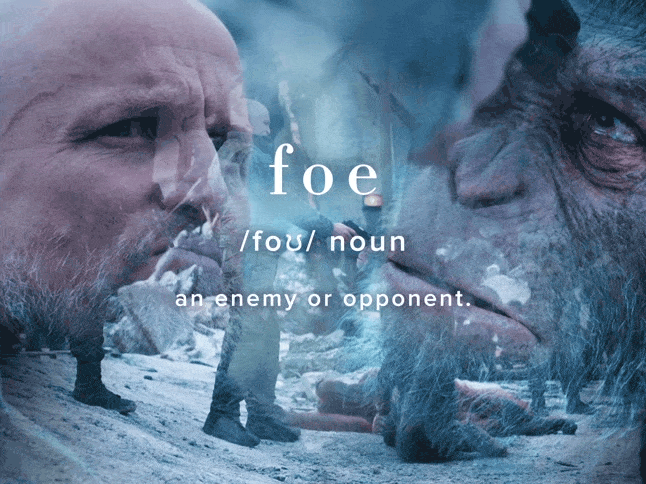
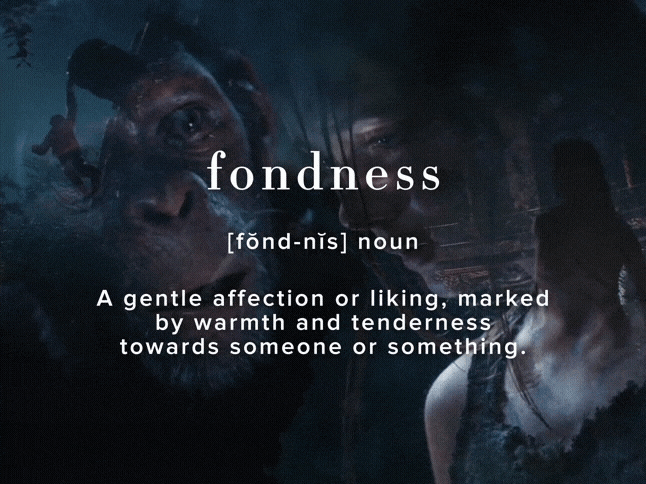
PLANET OF THE APES
Ape & Human + Relationship Aspects
#this franchise is my roman empire#can you believe it#planet of the apes#im not ok#rise of the planet of the apes#war of the planet of the apes#dawn of the planet of the apes#kingdom of the planet of the apes#ceasar#will rodman#noa kotpota#noa#mae#mae kotpota#nomae#noa x mae#my edits#gifset#definitions#my gifs#dailyflicks#filmedit#filmtvcentral#tv shows#had to sneak in nomae bcs y not#dont eat the dove then tf#kotpota
350 notes
·
View notes
Text
So people keep assuring me that Palestinians are also indigenous to the southern levant and...well, I admit I'm skeptical of this. Like, I'm NOT advocating expelling them or genocide, etc. Those are all bad, just questioning the notion of indigeneity here. Mostly as a consequentialist. If Palestinians are indigenous to the Levant, that seems to imply other things. Let's think through this.
We're going to set aside the UN notion of indigenous because that's crafted to exclude Jews and often enough this is a statement by people who reject that and consider Jews to be indigenous, they're often saying both groups are. So...I guess that means something like "A group is indigenous to the region where they underwent ethnogenesis" so we'll take that as our definition of indigeneity. Jews are indigenous to the Levant, check. We're good. Arabs are indigenous to Arabia. All makes sense.
So, anyway, what's an ethnic group? From Wikipedia:
An ethnicity or ethnic group is a group of people who identify with each other on the basis of perceived shared attributes that distinguish them from other groups. Those attributes can include a people of a common language, culture, common sets of ancestry, traditions, society, religion, history, or social treatment.[
Ok, so common language, culture, traditions, history, etc.
So European American Protestants are indigenous to North America? Common history (going back to the 1600s!), identify as a group, believe they have a common culture (even if we need to break things up more finely, you can find common cultures, say, New England, or Midwest, wee American Nations), common language (English, which I will posit is part of why there's basically a moral panic about Spanish and has been almost my entire life, in much of the country). Note that an ethnicity "can include" and doesn't need ALL of these things.
So it seems pretty solid that European American Protestants are, at the least, a collection of ethnic groups unique to North America. Which means they did ethnogenesis here. Which means they're indigenous now.
So...let's be clear, to me this is a reductio ad absurdam. OF COURSE white US protestants are not indigenous to North America! But I've yet to see definitions that mark Palestinian Arabs as indigenous to the Levant without also implying that white Americans are indigenous to fucking Ohio (along with the rest of the country).
Especially when you consider that white american protestant as an identity in this sense is older than a distinct Palestinian identity. It just brings us to the eternal questions that the Israeli/Palestinian conflict brings up and that people REALLY don't want to discuss:
When, if ever, does indigeneity expire? Personally, I think it doesn't, and Jews are and will always be indigenous to the Levant, just like the Cherokee Nation is indigenous to the US Southeast, even though they've been displaced. Though I know many "Pro-Palestine" activists implicitly believe indigeneity does expire, at least for Jews, but even if I weren't Jewish, I wouldn't want that precedent set because it would fuck over EVERYONE
When does a colonizer become indigenous to the place they colonized? This is rarely discussed, but lies implicitly behind a lot of things. Again, I want to avoid setting bad precedents, but I don't see how Palestinian Arabs can have hit this threshold and white people in the US haven't, which leads me to reject the idea that colonizers can ever become indigenous, at least while holding onto the identity that did the colonization (White and Arab, respectively, hell, White Christian and Arab Muslim if we want to get more specific).
Now, I don't believe colonizers need to be killed or expelled, I'm generally against violence outside of self-defense, but I do think that the rhetoric we use matters, and I want to interrogate it.
#jumblr#jewish#israel#i/p conflict#indigeneity#colonization#definitions#reductio argument#legitimately curious if theres a definition that threads this needle
329 notes
·
View notes
Text
Species Anarchy
species anarchy \ˈspē-shēz ˌa-nər-kē\
noun
Compound of species (from Latin speciēs, which has 10 known definitions (including “point of view” and “perspective”), and anarchy (from Greek ἀναρχίᾱ (anarkhíā), "lack of a leader"). Coined in 2025 by Khanty shaman Erenky Iyukhan to critique taxonomic rigidity and biological essentialism.
A philosophical and ideological stance acknowledging the ambiguity of taxonomic categories (e.g., Homo sapiens or "human") as socially constructed, biologically fluid, and lacking universal definition. Emphasizes that such classifications are conceptual inventions designed to categorize the natural world, as well as forcefully impose order on nature, rather than objective truths, thus stifling individuality and communal growth.
It is the rejection of externally imposed species labels in favor of self-identification based on an individual’s perceived genetic, morphological, or existential reality. Adherents of species anarchy may identify outside the genus Homo, asserting autonomy over their biological classification. For some people, it may be important to them to label the history of their personal evolution; this may not be as important for others.
Relation to Alterhuman and Otherkind/kin Communities
Species anarchy intersects with alterhuman and otherkin frameworks, which reject anthropocentric identity norms. Alterhumanity encompasses identities that transcend or reject conventional definitions of humanity (otherkin, therians, or fictionkin), often rooted in spiritual, psychological, or neurodivergent experiences of non-humanness. Similarly, species anarchists critique the authority of scientific taxonomy to define species boundaries, arguing that self-determined biological or existential identities are equally valid.
While alterhumanity focuses on personal identity and lived experience, species anarchy can be a philosophical, cultural, psychological, religious, and/or generally personal belief. It is simultaneously a political critique on systemic structures, such as the Linnaean hierarchy or bioethical policies. Both frameworks challenge bioessentialism, but species anarchy emphasizes collective liberation from taxonomic hegemony as a fundamental belief.
For example, an otherkin person identifying as a wolf might reject the identification of Homo sapiens as a mandatory category, creating an entirely new taxonomic label for their individual biology, viewing their self-speciation as biological evidence of their wolf identity, as well as a personal truth and a political act against biological determinism.
#species anarchy#otherkind#otherkin#alterhuman#fictionkind#fictionkin#philosophy#anti bioessentialism#self speciation#definitions#etymology#alterhuman terms#otherkin terms#otherkin term#alterhuman term#term coining
56 notes
·
View notes
Text
Tumbidflux
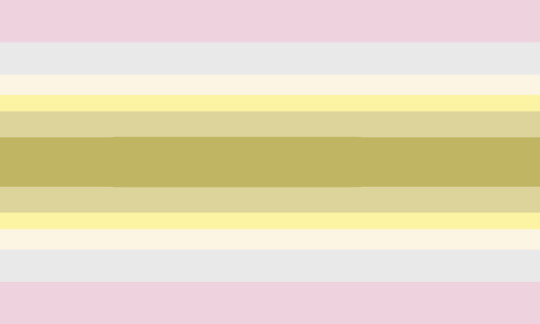
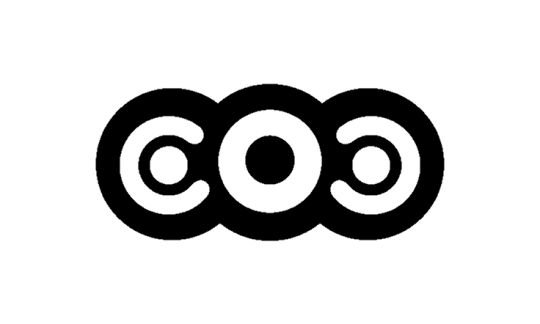
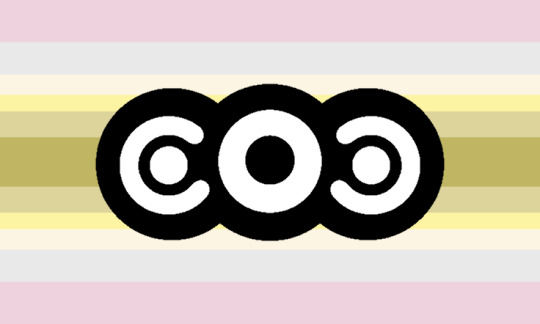
A "flux" identity for when your identity, including genders, pronouns, and names, shift with whatever blog you're running at the moment. New forms of your identity form every time you make a new blog. NOT plural, but can be related to plurality?
Symbol by me (tumbiflux symbol <3)
Can also be combined with other terms? Such as only having one other blog, or multiple. (Monotumbidflux and polytumbidflux.)
CREATED SPECIAL FOR ME AND PEOPLE LIKE ME, BUT ANYONE CAN USE!
#liomogai#liom coining#mogai blog#mogai#mogai community#mogai coining#mogai flag#mogai gender#mogai label#xenogender#identity#mogai identity#gender identity#identity coining#terminology#definitions#gender#terms#uuh#flux#genderflux#multigender#Tumidlfux#tumblr genders#genders#gender stuff#mogai genders#Is this a gender or an identity?#um#it's a term.
35 notes
·
View notes
Text
This is asking not about your own morals and/or ethics, but rather how you would define the words themselves.
If you define them differently, what would you say is the difference?
–
We ask your questions anonymously so you don’t have to! Submissions are open on the 1st and 15th of the month.
#polls#incognito polls#anonymous#tumblr polls#tumblr users#questions#polls about language#submitted mar 1#morals#ethics#polls about ethics#words#definitions
208 notes
·
View notes
Text
right to opacity — from Glissant: the right to not be fully known, decoded, or made transparent; to resist being flattened into one meaning or one identity; a refusal or surveillance, overexposure, total explanation; a poetics of protection
#definitions#right to opacity#opacity#illegibility#edouard glissant#martinique#refusal#fugitivity#protection#resistance
163 notes
·
View notes
Note
hi hi!!! I was wondering if you can expand on your thoughts about alterhumanity not being the same as non humanity? if not that's okay!! I just find the topic interesting and want to learn more if thats okay of course.
Sure!
The short version: alterhuman is a huge umbrella term that includes any identity that's alternative to humanity or an alternative form of humanity. It includes nonhumanity within it, but also a ton of things that aren't nonhumanity - hearthomes, archetropy, otherheartedness, plurality, constels, furry lifestylers, human fictionkin, etc etc. To equate the two is to cut a lot of things out of alterhuman that are supposed to be included within it - and that's really frustrating when part of the reason alterhuman was coined was to make an umbrella term that wasn't focused on otherkinity and therianthropy.
Here's a collection of sources on this, both for proof this is true and for additional reading if you're interested. :3
38 notes
·
View notes
Note
whats the definition of a polycule? Is it still a polycule if three people are partners to one person but none of us are partners to each other?
Yep that's a polycule! "Polycule" is sort of an umbrella term for any non-monogamous arrangement of people. So if one person has multiple partners, they and everyone they're dating (and anyone those people are dating, etc) are in a polycule :)
67 notes
·
View notes
